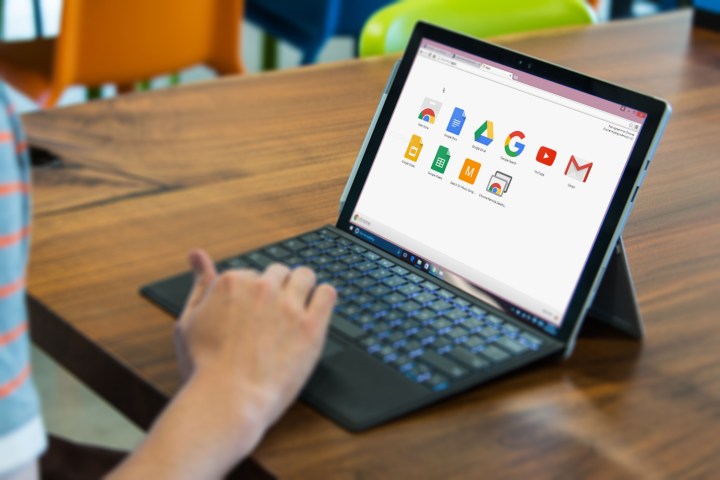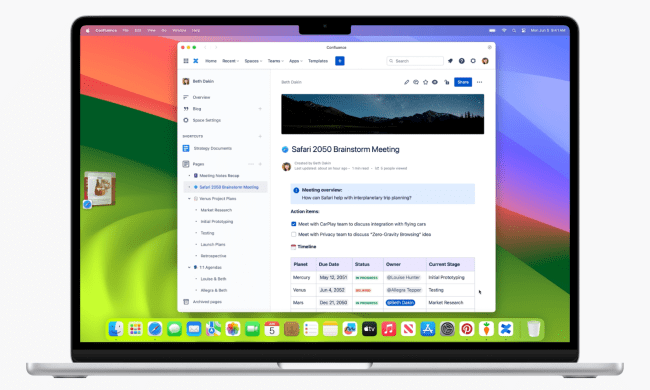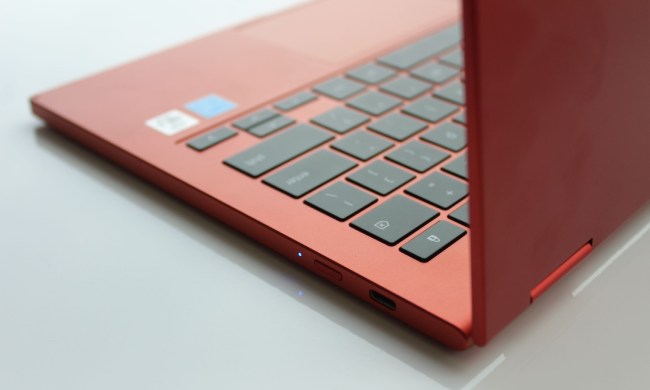
Google has not officially made any announcements regarding this new feature, but evidence for the feature’s existence was found buried within Chrome OS’ code. One of the comments makes mention of this new feature, though the details are scarce. For starters, we don’t know when the new feature will come out or what it will look like. However, one of the comments describes the badges as being in the top right corner of the app image.
One other lingering question lies in whether this feature will work with only Android apps or just Chrome OS apps. Again, nothing is confirmed, but one of the comments suggested that this change would apply to both Android and Chrome OS apps.
Another comment suggested that Chrome OS will get the pop-up feature that appears when you long press an Android app, such as displaying recent contacts in a messenger app. However, that feature’s inclusion has yet to be confirmed.
When Chrome OS first launched, it proved to be a popular choice for many people, thanks to the low price and long battery life offered by Chromebooks. However, Chromebooks were largely useless without an active internet connection. Recently, Google has taken steps to address this by including support for Android apps on Chromebooks, which makes the devices much more useful than they were before.
The wide array of Android apps allowed for Chrome OS users to play games, consume media, and enjoy other features without having to rely on an internet connection, though of course, Chromebooks do work much better with an active internet connection.
The inclusion of Android apps has led to some speculation that Google may seek to combine the two operating systems in some way. That remains to be seen, however, and it is possible that the mysterious Fucshia OS may replace both Chrome OS and


